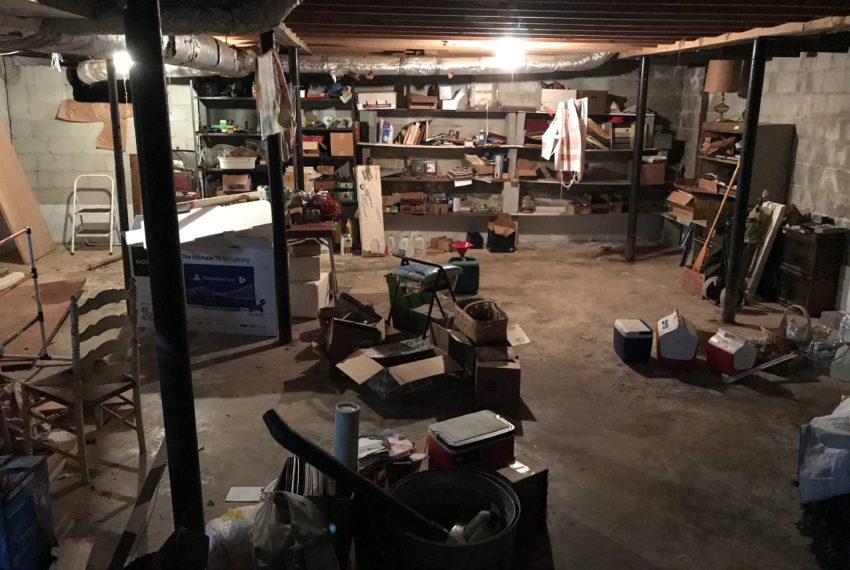
How to help elderly parents sell their home
In my neighborhood, the first wave of residents bought their homes in the 1960s. I have become keenly aware of the challenges of helping elderly parents sell their homes. As adult children assisting with the sale of the family you are dealing with a financial asset, a treasure chest of family memories and emotions that run high as the subject of moving is discussed.
The cost of assisted living and nursing home care has gone through the roof. My husband’s family spent a small fortune paying for caregivers to assist his mom and dad in the last two years of their lives. Many if not most families have the majority of their retirement savings tied up in the family home
The transition from living in the family home to living in an assisted living/nursing home carries a huge financial toll for families and their loved ones. The question I am often asked is how to make this transition in the shortest amount of time and get the most money from the sale of the family home.
I have a couple of suggestions that will make this move so much smoother that just announcing the move to elderly parents and making decisions against their will.
- Visit assisted living homes and nursing homes and speak with the financial directors about the costs. If you are making changes to your home to accommodate your elderly parent living with you – go ahead and make the improvements. It may take 6-9 months for permitted additions or changes to your home according to local building contractors.
- Make a financial assessment of your parent’s current situation. This would include identifying financial assets and savings accounts. You can ask a local Realtor to provide a Market analysis of the family home. Often the financial discovery process can be less painful by including a local attorney who specializes in Elder Law. In my area of town, I recommend Stephen DeBaun http://www.debaunlaw.com/ Attorneys are able to ask the hard questions that are so difficult for family members to discuss.
- Have the Attorney prepare a Durable Power of Attorney that will allow trusted adult children to execute the contracts necessary for the sale of real estate. From personal experience, I also recommend a Health care power of Attorney so adult children can make medical decisions for their parents.
- Discuss with your elderly parents which care option is most appropriate for your family. If a move is necessary, continue reviewing my suggestions.
- Sorting through the mountains of furniture, cherished belongings and mementos, financial documents and household items is a fairly monumental task. Make a plan and start executing it. Tackle the project room by room. Let go of things that have little sentimental or financial value. If you plan to have an estate sale move items of value to a garage, basement or designated room (some items are too big to move). I love it when family members are given meaningful items directly by elderly parents. It creates good feelings for both the giver and the receiver of the gift.
- While you are working on the inside of the house, get some help getting the yard and grounds in shape. Cut back overgrown shrubs, fertilize the grass, remove dead limbs, underbrush, debris and weeds from the property.
- Paint the exterior? In most of the homes of elderly parents, I see a lot of delayed maintenance. If you don’t do anything else, fresh paint on the exterior will make the home much more valuable than doing nothing.
- Roof? If the roof is older than 15 years you should seriously think about replacing it. You will pay far less to replace it than waiting and getting a buyer who includes an outrageous request for roof replacement.
- Decide if you are going to sell the home “as is” (most likely to an investor) or sell it as a “move in and live there” property. If you can’t or just don’t want to spend money bringing the home up to “move in” standards, Investors will make offers on the home, often cash offers, that will be 15 to 20 percent lower than the property would sell for if fixed up and made ready for the retail market. But Elderly parents can live in the home right up to closing without a lot of disruption to their lives.
- Selling a home for market value may require repairs and improvements if delayed maintenance has been the game plan. If a lot of work has to be done, it is often easier for everybody if the Elderly parents can relocate before work begins.
- Sellers Disclosure – even if Elderly parents cannot participate in the preparation of a sellers disclosure, this document is often helpful to buyers for any info it does contain. It is also OK to put “I don’t know” as an answer to questions about the home
- Move slow but steady progress toward family goals and better result is possible. But, as my mother-in-law’s family doctor said, it is more important for family members to be safe than to be happy. We can work on happy but safety situations are often irreversible. A fractured hip is often a challenging physical hurdle for families hoping to regain “normal”
When adult children help elderly parents sell their home, there is a swirl of emotions involved. And the financial aspect of when elderly parents sell their home is equally stressful. Reaching out for help will make the process smoother for everyone.


